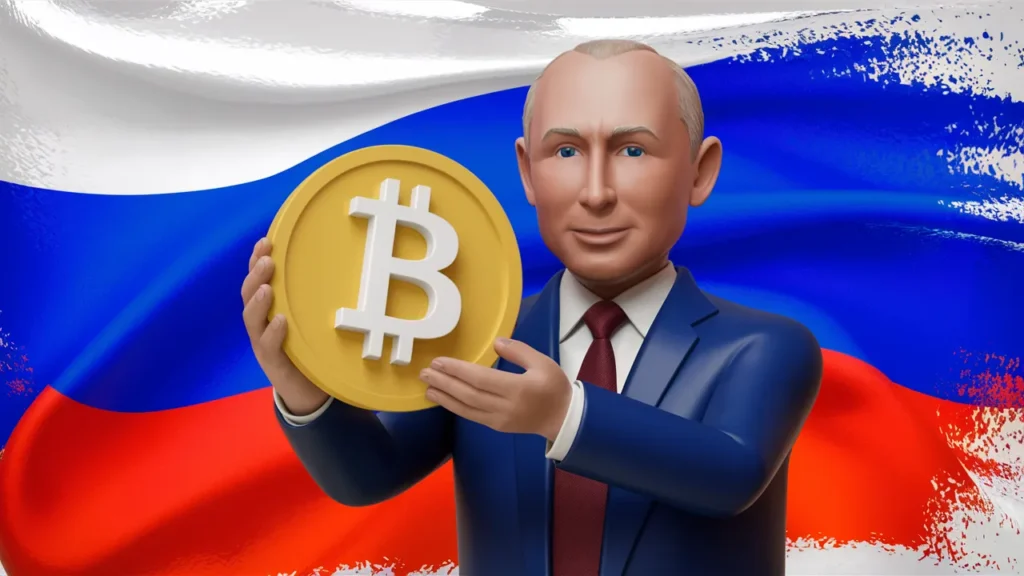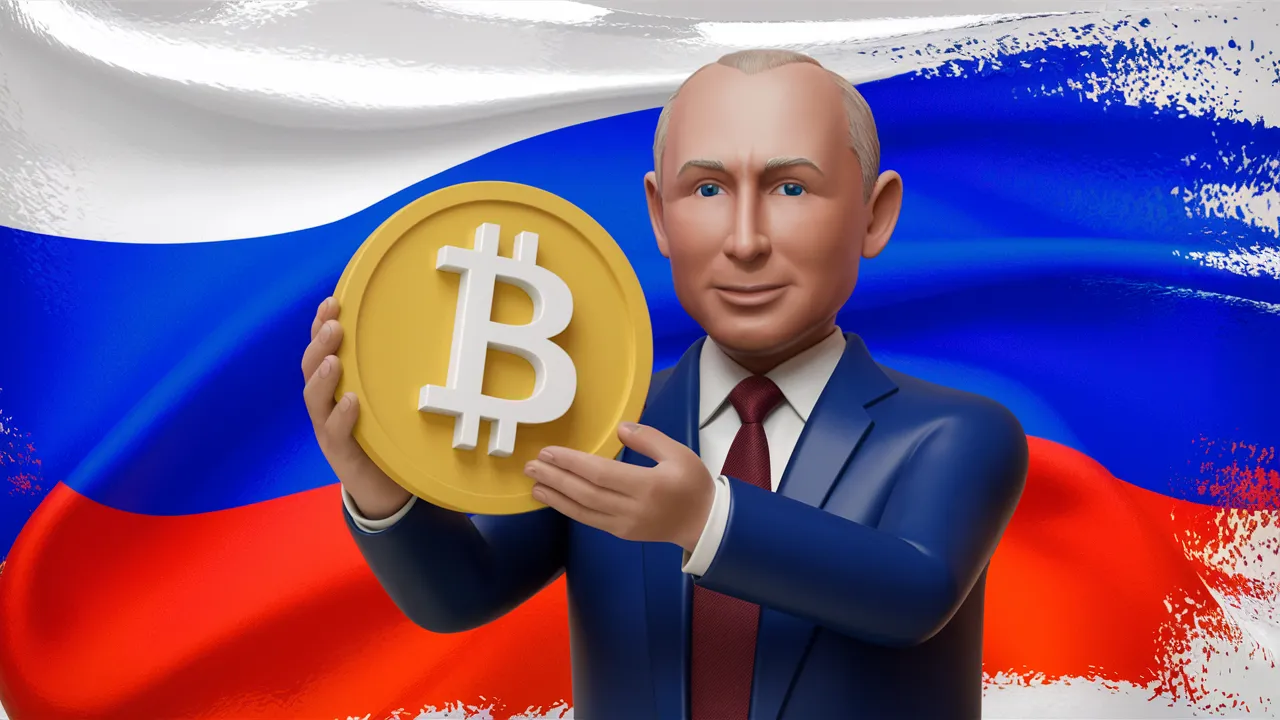International Trade Bypasses Sanctions on Russian Bitcoin and Crypto Legalization
Russia’s legalization of bitcoin and other digital currencies for international trade has broken new ground in global finance. This strategic move is designed to get around Western sanctions as well as speed up overseas payments, particularly with its main commercial partners such as China, India, and the UAE.
The Facts Surrounding The New Law
Legal Frameworks
The new bill passed by Russian lawmakers will permit enterprises to conduct international transactions using cryptocurrencies like bitcoin. This legislation will be implemented in September, while the first deals are expected before the end of this year. Central bank Governor Elvira Nabiullina, who strongly supports this law, stated there would be an “experimental” infrastructure created to support such payments.
Speeding Up Payments
Sanctions cause payment delays across borders to be prolonged; therefore, they are the main reason for adopting these regulations. According to Nabiullina, a broad range of imports became difficult to pay for due to them, thereby leading to an 8% decline in Russia’s imports during Q2 2024.
Mining and Circulation Control
Though allowing worldwide commerce, it still prohibits cryptocurrency payment within Russia itself but covers mining regulations alongside other digital assets’ circulation so that everything occurs under supervision, ensuring safety measures are met within this novel financial system.

Economic Impact and Strategic Importance
Alleviating Sanctions Effects
- Secondary sanctions risks remain high since majority transactions continue relying on dollars or euros despite attempts at using partner countries’ currencies plus establishment of BRICS payment system after being hit with economic penalties.
- In light of problems caused by the current approach towards dealing with these challenges, Russia seeks to make sure smoothness in trading operations, hence legalizing digital money used internationally.
This decision marks a turning point in relations between Moscow and Washington. Anatoly Aksakov, head of the Duma lower house of parliament, called it “historic”, noting that there had never been such a decision before either within or outside the financial sector.
Conclusion
Russia’s move to legalize bitcoin and other cryptocurrencies for international trade is a significant step towards evading economic sanctions while improving global efficiency in commerce. This could set a precedent for other countries grappling with similar challenges as the world watches this space.
What do you think about these changes that have been made by Russia? Let us know if you want more updates on what’s happening!
